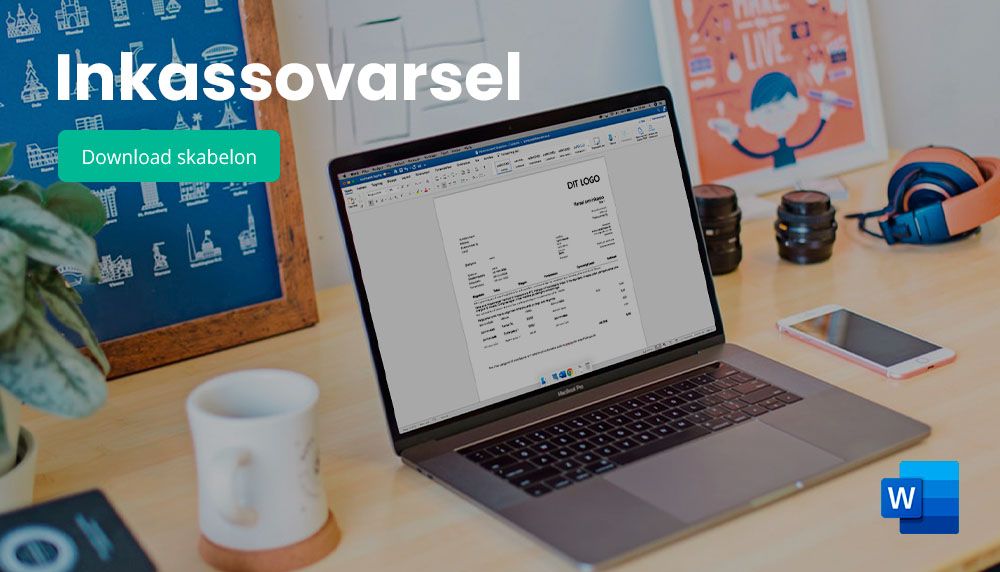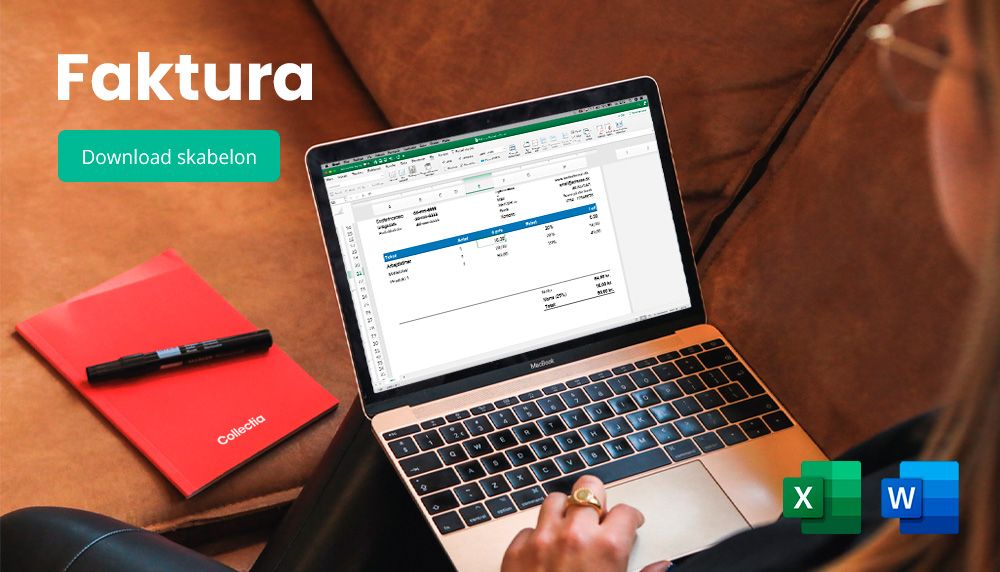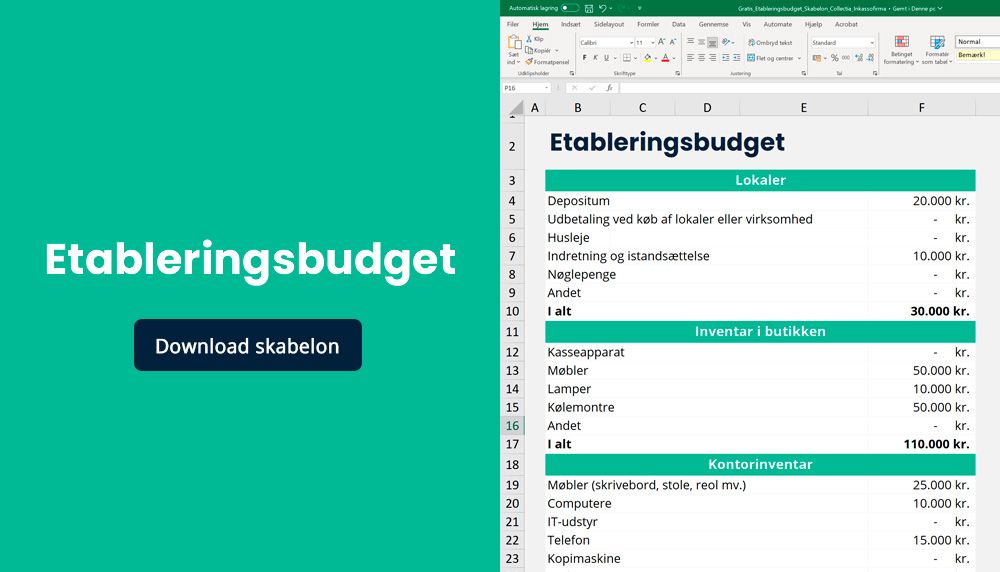
Is it worth going to court?
The short answer is 'yes'.
We regularly analyze the benefits of our work, and we can see that we recover more money for our customers through legal debt collection than we have in expenses on the cases we do not resolve with payment. In other words, a profit from sending cases to court.
There are basically two types of cases that are sent to court: the uncontested and the contested. As the names suggest, there are the undisputed cases, where the debtor has not responded at all to either the reminder process or extrajudicial debt collection, where the next step is to get the Enforcement Court to send a notice. Then there are the disputed cases where the debtor has objected to our client's claim, and then we have to go to the Civil Court with a lawyer from our law partner who has reviewed the case, prepared a summons and can take a main hearing if the debtor maintains his objection to the court.
There must be no doubt that it is almost always worthwhile to send an undisputed case to court - if you still do not receive payment, the claim is secured for 10 years (otherwise only for 3 years), Collectia can make an open registration with RKI, Debitor Register, Debtors List and Debtor List, and you can deduct your VAT and the loss in your accounts.
A disputed case can be more difficult to advise on because it depends entirely on the objection, the basis of the claim/invoice, the agreement between you and the debtor and the amount involved. The most costly part of a disputed case is the time spent by the lawyer, so the more time and investigation, the higher the cost. It will therefore be assessed on a case-by-case basis whether it is worthwhile.











